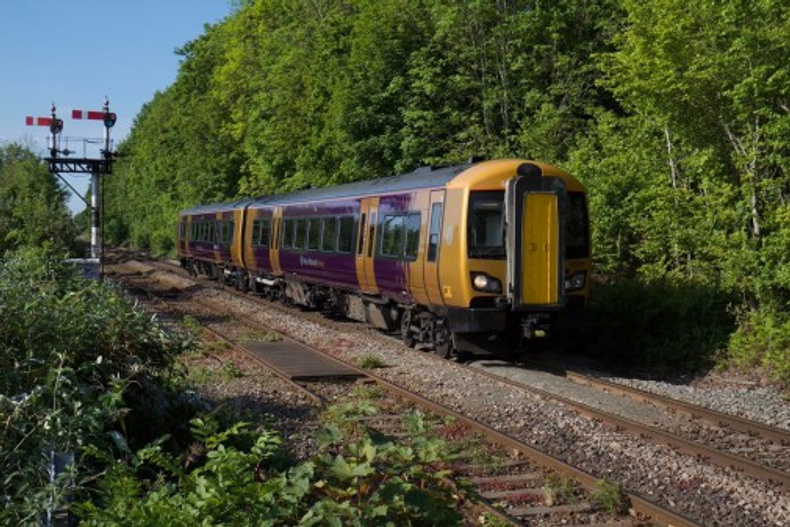Government publishes transport decarbonisation plan

Cleaner air, healthier communities and tens of thousands of new green jobs are at the heart of a transport decarbonisation plan announced by Transport Secretary Grant Shapps.
With just months to go until major climate summit COP26, the government says its plan provides a 'greenprint ' to cut emissions from seas and skies, roads and railways, setting out a credible pathway for the whole transport sector to reach net zero by 2050.
The plan includes phasing out the sale of new diesel and petrol heavy goods vehicles (HGVs) by 2040, subject to consultation - combined with the 2035 phase out date for polluting cars and vans.
The consultation proposes a 2035 phase out date for vehicles weighing from 3.5 to 26 tonnes and 2040 for vehicles weighing more than 26 tonnes - or earlier if a faster transition seems feasible.
The decarbonisation plan also sets out how the government proposes to improve public transport and increase support for active travel - including creating a net zero rail network by 2050.
Transport Secretary Grant Shapps said: “Transport is not just how you get around. It is something that fundamentally shapes our towns, cities and countryside, our living standards and our health.
“It can shape all those things for good or for bad. Decarbonisation is not just some technocratic process. It 's about how we make sure that transport shapes quality of life and the economy in ways that are good.
“It 's not about stopping people doing things: it 's about doing the same things differently. We will still fly on holiday, but in more efficient aircraft, using sustainable fuel. We will still drive, but increasingly in zero emission cars.
“The Transport decarbonisation plan is just the start - we will need continued efforts and collaboration to deliver its ambitious commitments, which will ultimately create sustainable economic growth through healthier communities as we build back greener. ”
Raj Kandola, head of policy at Greater Birmingham Chambers of Commerce, said: “It 's reassuring to see the Government underline their commitment to decarbonising the transport network and securing its long term viability.
“Reducing carbon emissions across the industry will help to shift goods and people in a more efficient manner, which in turn, will help encourage modal shift and create a healthier and more productive workforce.
“The key is to ensure that the voice of business in central to the rollout of this strategy and a blueprint is in place to boost economic output across all four corners of the country.
“In addition, the delivery of HS2 in full will no doubt play a prominent part in the plan given the capacity it will free up across the national transport network as a whole.
“In the run up to COP 26, I 'm sure the importance of this Strategy will become clearer and it 's an element we will look to cover in our upcoming Sustainable Business Series which aims to help businesses embark on their own net zero journey. ”
To find out more about the Sustainable Business Series click here.
